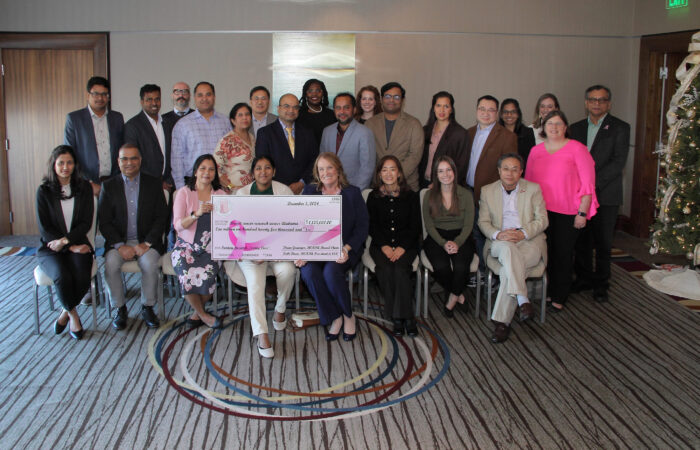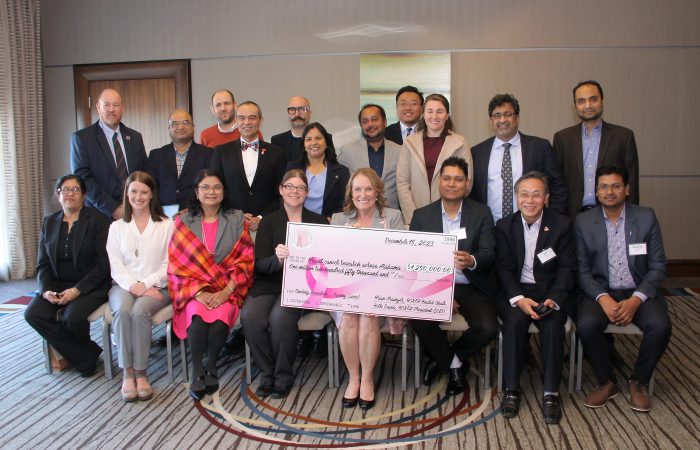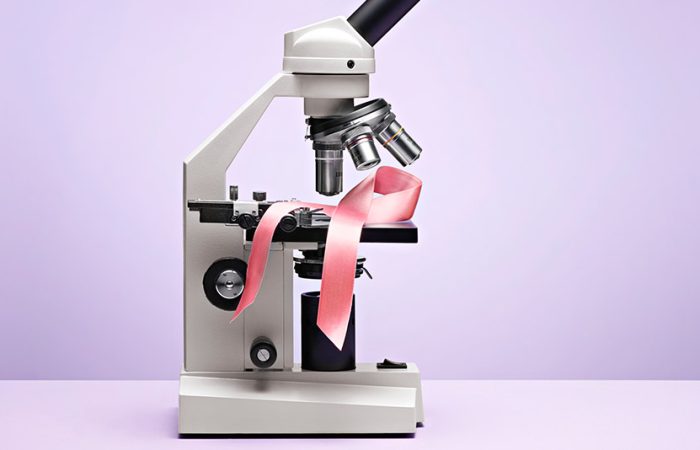The Breast Cancer Research Foundation of Alabama (BCRFA) enthusiastically announces its continued dedication to support breast cancer research in Alabama through a significant investment of $1,125,000 in 2024.

BCRFA funds two cancer-related research grants through O’Neal Invests
The Breast Cancer Research Foundation of Alabama (BCRFA) is pleased to announce the approval of funding for two pre-R01 breast cancer projects at the O’Neal Comprehensive Cancer Center at UAB. The selected grantees will each receive $50,000 for one year. These grants underwent a rigorous peer review process by a panel of UAB faculty members.
Researchers and projects receiving funding include:
Drs. Jin Chen and John Osborne – Fusion AI for intraoperative margin assessment of breast lumpectomy specimens
Drs. Chin and Osborne’s research focuses on breast-conserving surgery (BCS) a procedure for early-stage breast cancer that removes the cancer while keeping most of the breast. A key challenge is ensuring all cancer cells are removed, known as achieving clear margins. Currently, specimen radiography (SR) is used during surgery to check this, but it’s not always reliable, often leading to additional surgeries. This project aims to improve margin assessment using artificial intelligence (AI). Drs. Chin and Osborne and their team will develop and validate AI tools that provide real-time, accurate assessments during surgery. First, they will create an automated system to prepare training data by analyzing pathology reports and segmenting images. They will start with 2,000 SR images and reports from UAB. Next, they will build an AI model using forward-forward contrastive learning (FFCL) technology to accurately classify SR image margins, addressing the challenge of differentiating similar-looking tissues. Their team brings together experts in medical imaging, natural language processing, breast imaging, and data security, making them well-equipped to tackle this challenge. This project can potentially improve surgical decision-making and patient outcomes.

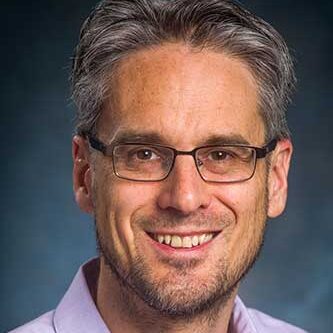
Timiya S. Nolan, PhD, APRN-CNP, ANP-BC – “ECHO: Exploring Cardiovascular Health Outcomes Among Black Breast Cancer Survivors
Dr. Nolan’s research focuses on black women with breast cancer who are at an increased risk of heart problems like high blood pressure, stroke, and premature death. The ECHO: Exploring Cardiovascular Health Outcomes in Black Breast Cancer Survivors study will provide insight into Black breast cancer survivor’s perceptions of heart health and health behaviors. With a community advisory board, they will work to co-create an intervention that can educate and support Black breast cancer survivors to achieve greater heart health.
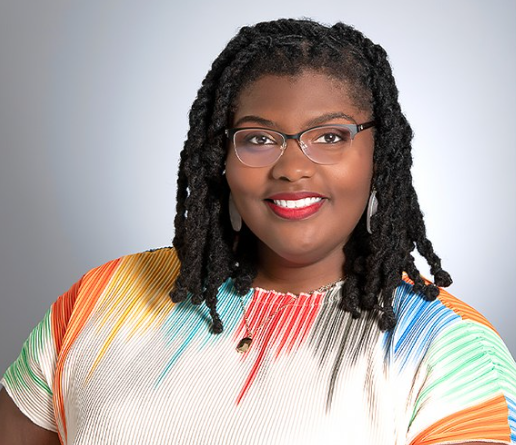
Catalyst grants are for $50,000 for one year. There are two O’Neal Invests RFAs per year, in the spring and fall. Cancer Center membership is not a requirement to apply, but awardees must become members. The grants are peer-reviewed by a panel of UAB faculty.
About the Breast Cancer Research Foundation of Alabama
Founded in 1996, the Breast Cancer Research Foundation of Alabama (BCRFA) is a nonprofit organization whose mission is to help find a cure for breast cancer by funding promising breast cancer research in Alabama and raising community awareness and funding for that research. BCRFA funds promote a comprehensive approach to battling breast cancer by promoting collaborative and innovative research to help diagnose, treat, prevent, and eradicate the disease.
With community support, the BCRFA has invested over $15 million in life-saving breast cancer research and treatments across Alabama since its founding in 1996. Most recently, in December 2023, the foundation announced its annual grant investment of $1.25 million to research partners including the O’Neal Comprehensive Cancer Center at the University of Alabama at Birmingham (UAB), Alabama State University (Montgomery), Auburn University, CerFlux, Inc. (Birmingham), HudsonAlpha Institute for Biotechnology (Huntsville), Tuskegee University, the University of Alabama (Tuscaloosa), and the Mitchell Cancer Institute at the University of South Alabama (Mobile). All funding stays in Alabama, but the impact is worldwide.

